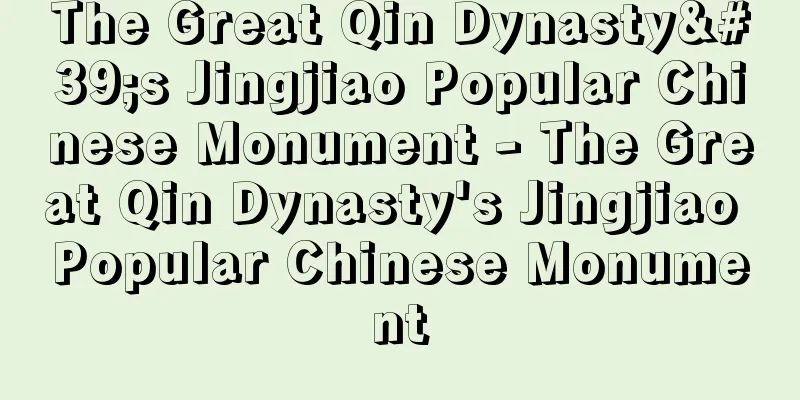Transzendentalism (English spelling) [Germany]
![Transzendentalism (English spelling) [Germany]](/upload/images/67cc088d9bef5.webp)
|
A term referring to the characteristics of Kant and the philosophy of cognition criticism that followed him. Kant attempted to determine the a priori (innate) source of knowledge metaphysically and to justify it a priori or transcendentally. In this case, his outlook on the existence of a priori synthetic judgments that constitute experience and the existence of transcendental apperception as the ultimate constituent of experience underpins his position, which he distinguishes from empiricism and formalism. Transcendentalism [Sakabe Megumi] Source: Heibonsha World Encyclopedia, 2nd Edition Information |
|
カントとその流れを汲む認識批判の哲学の特徴をいう用語。カントは,ア・プリオリ(先天的)な認識源泉を形而上学的に確定し,その根拠づけを先験的ないし超越論的に行うことをこころみた。この際,経験を構成するア・プリオリな総合判断の存在と,経験の究極の構成主体としての超越論的統覚の存在とへの見通しが裏打ちとなっており,この立場を経験論や形式主義と区別している。トランセンデンタリズム【坂部 恵】
出典 株式会社平凡社世界大百科事典 第2版について 情報 |
<<: Asama faith - Sengenshinko
Recommend
Adsorbent - Adsorbent
Product Name Dimethicone preparations Gascon (Kiss...
Internal discussion - Naidan
〘 noun 〙① (━suru) To discuss privately. To discuss...
Ontology (English spelling)
A dictionary for defining concepts used in expert ...
Kara Uthman - Kara Uthman
...Their royal lineage was from the Bayindur trib...
The Battle of Leyte
A war literary work by Ooka Shohei. It was seriali...
Harbor transport industry
The port transport business is a major part of the...
Branchiopods - Branchiopods
A general term for crustaceans classified as the B...
Gengenshu - Gengenshu
A medieval Shinto book. Eight volumes. It is said ...
ottrelite
…The crystal structure is also slightly different...
ostracoderm
…a general term for fishes with hard exoskeletal ...
Freezing rain - Tou
〘Noun〙① Winter rain. Icy rain. Cold rain. Sometime...
Metaxas, Ioannis
Born: April 12, 1871, Isaki Island [Died] January ...
plant regulator
…There are currently many synthetic substances kn...
Szymanowska, MA (English spelling)
...Fryderyk Chopin, who wrote folk-like and innov...
Shan people - Shan
An ethnic group that lives from the Shan Plateau i...









